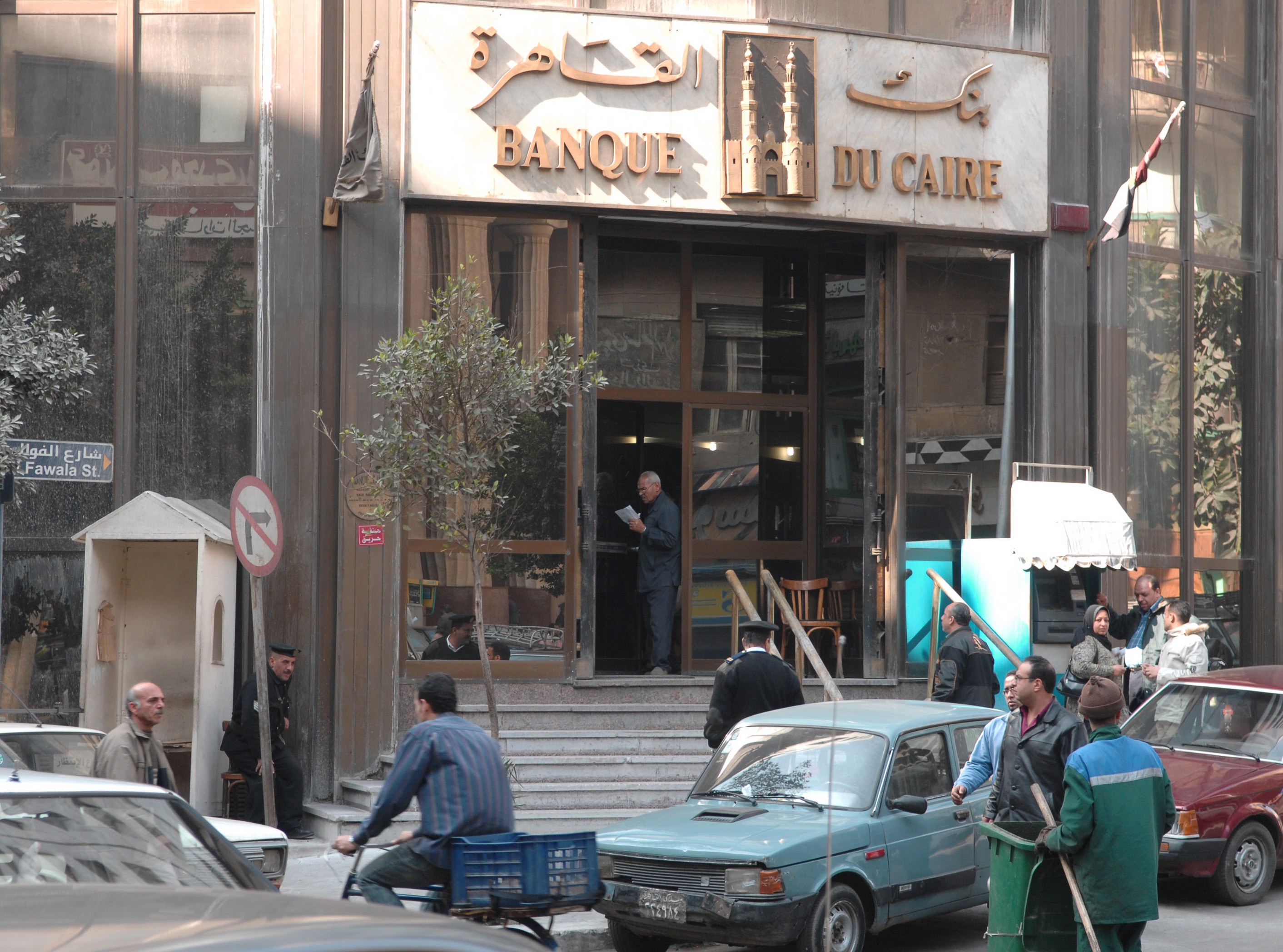The real estate market in Greater Cairo is witnessing a period of relative stability after years of sharp price surges and volatility. As the market matures, both developers and resale sellers are shifting their strategies toward affordability, long-term value, and sustained investor confidence. Buyers, meanwhile, are becoming increasingly selective—focusing on projects that balance fair pricing with tangible, lasting value.
Experts attribute this stabilisation to several factors, including improving economic conditions, the relative steadiness of the Egyptian pound, and evolving buyer expectations following years of rapid price escalation.
According to Aya Ashraf, CEO of Aqarmap Egypt, a digital real estate platform, property prices across Greater Cairo have remained largely consistent between September 2024 and September 2025, though variations persist across market segments.
“For developer units, some established companies have maintained price levels but introduced longer payment plans and lower down payments to attract a wider base of buyers,” Ashraf explained. “These measures are particularly evident in projects launched before the February 2024 currency float.”
At the same time, newer developers are entering the market with slightly lower price points to capture attention and accommodate first-time buyers.
In the resale market, average prices per square metre have dropped by around 10% compared to last year. However, select districts—such as Nasr City, Maadi, and Mohandessin—have recorded modest increases, reflecting continued strong demand in established neighbourhoods.

Ashraf noted that while resale units usually offer shorter payment periods than developer projects, buyers remain primarily focused on securing properties that provide genuine value for money.
Mostafa Hassaballa, Business Partner at Taskeen, another digital real estate platform, said the market’s dynamics have changed significantly compared to the previous two years.
“In the past, prices were rising rapidly, putting pressure on buyers. This year, developers are responding differently—extending payment plans to eight, ten, or even twelve years. Instead of cutting prices outright, many are restructuring instalment schemes to make ownership more accessible,” Hassaballa said.
He added that demand now leans toward units offering a balance between pricing and long-term value, while overpriced luxury projects are seeing muted interest. Developers are also repricing new projects according to the current exchange rate, while older projects retain their pre-float valuations—a cautious strategy designed to preserve investor confidence.
Meanwhile, Ahmed Abdel Fattah, Head of Partner Business Development at Bold Routes, a real estate brokerage, said that although overall price levels remain stable, developers are innovating in other areas to maintain momentum.
“Developers are offering reduced down payments, extended instalment periods, and higher-quality finishes to appeal to buyers,” he said. “Even though all investments carry risk, real estate remains one of the most stable and appreciating assets. Price reductions could harm market perception and erode confidence, so the focus has shifted toward flexibility and added value rather than discounts.”
Taken together, these trends point to a more buyer-oriented market—defined by flexible financing, value-driven pricing, and a sustained commitment to preserving real estate’s image as a reliable, appreciating investment.
By aligning affordability with long-term value, Cairo’s developers and resale sellers are adapting to changing buyer behaviour, helping sustain market stability and reinforcing confidence in Egypt’s real estate sector for both domestic and international investors.




